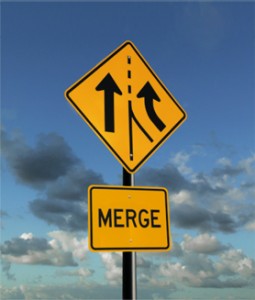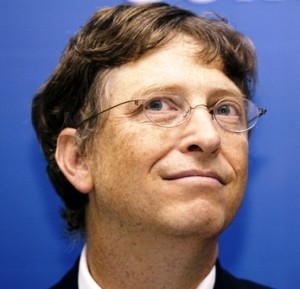 What Is Strategy? Michael Porter’s five forces have shaped business strategy since his theory was published in 1980. Five Aspects of Business Strategy: 1) barriers to entry, 2) supplier powers; 3) customer power; 4) substitutes, 5) rivalry. An example of the application of this model would be a London kebab shop: barriers are relatively low, does not require highly skilled labour, and anyone can buy a kebab shop with a bank loan. That is why so many immigrants run kebab shops in London UK, for example. If you speak bad English, have little money, and are prepared to work hard, kebab shops are a great first entrepreneurial endeavor. The suppliers to a kebab shop are those who make meat rotator machines and the variable costs like the Halal meat. There is plenty of both, so prices are lowered, and there are options to change suppliers at any time. The bad news is customers, as there are 100s of kebab shops in central London. If they don’t like your kebabs, they can go to another. Competition is fierce, and stoked by low barriers to entry, weak suppliers, powerful customers, and substitutes in the market where the business is located. In addition to the five forces is “6) complements”: Complement are for example, PCs you could get the software, and printers. The better software, and computers make the PC more desirable. Nurturing complementary businesses can have a positive effect on your business.
What Is Strategy? Michael Porter’s five forces have shaped business strategy since his theory was published in 1980. Five Aspects of Business Strategy: 1) barriers to entry, 2) supplier powers; 3) customer power; 4) substitutes, 5) rivalry. An example of the application of this model would be a London kebab shop: barriers are relatively low, does not require highly skilled labour, and anyone can buy a kebab shop with a bank loan. That is why so many immigrants run kebab shops in London UK, for example. If you speak bad English, have little money, and are prepared to work hard, kebab shops are a great first entrepreneurial endeavor. The suppliers to a kebab shop are those who make meat rotator machines and the variable costs like the Halal meat. There is plenty of both, so prices are lowered, and there are options to change suppliers at any time. The bad news is customers, as there are 100s of kebab shops in central London. If they don’t like your kebabs, they can go to another. Competition is fierce, and stoked by low barriers to entry, weak suppliers, powerful customers, and substitutes in the market where the business is located. In addition to the five forces is “6) complements”: Complement are for example, PCs you could get the software, and printers. The better software, and computers make the PC more desirable. Nurturing complementary businesses can have a positive effect on your business.
 Competitive Advantage: either you have a cost advantage where you can make things cheaper and sell them cheaper OR you differentiated your product somehow either by making it better than your rivals or by designing it differently to appeal to a different group of people. There two forms of differentiation were known as vertical or horizontal. Vertical is meant to be better or worse; horizontal means different. Vertically differentiators would mean for example that you have two cars, one with better brakes, and steering. That car is better therefore they are vertically differentiated. If you have identical cars but one has been painted pink they are horizontally differentiated. One nightmare for a business is to have no advantage, to be neither the cheapest produce nor clearly differentiated. Bill Gates has a picture of Henry Ford in his office because it reminds him that success breads complacency. Ford was over taken by General Motors overtime. When the iPad came out, Amazon introduced the kindle fire…
Competitive Advantage: either you have a cost advantage where you can make things cheaper and sell them cheaper OR you differentiated your product somehow either by making it better than your rivals or by designing it differently to appeal to a different group of people. There two forms of differentiation were known as vertical or horizontal. Vertical is meant to be better or worse; horizontal means different. Vertically differentiators would mean for example that you have two cars, one with better brakes, and steering. That car is better therefore they are vertically differentiated. If you have identical cars but one has been painted pink they are horizontally differentiated. One nightmare for a business is to have no advantage, to be neither the cheapest produce nor clearly differentiated. Bill Gates has a picture of Henry Ford in his office because it reminds him that success breads complacency. Ford was over taken by General Motors overtime. When the iPad came out, Amazon introduced the kindle fire…






